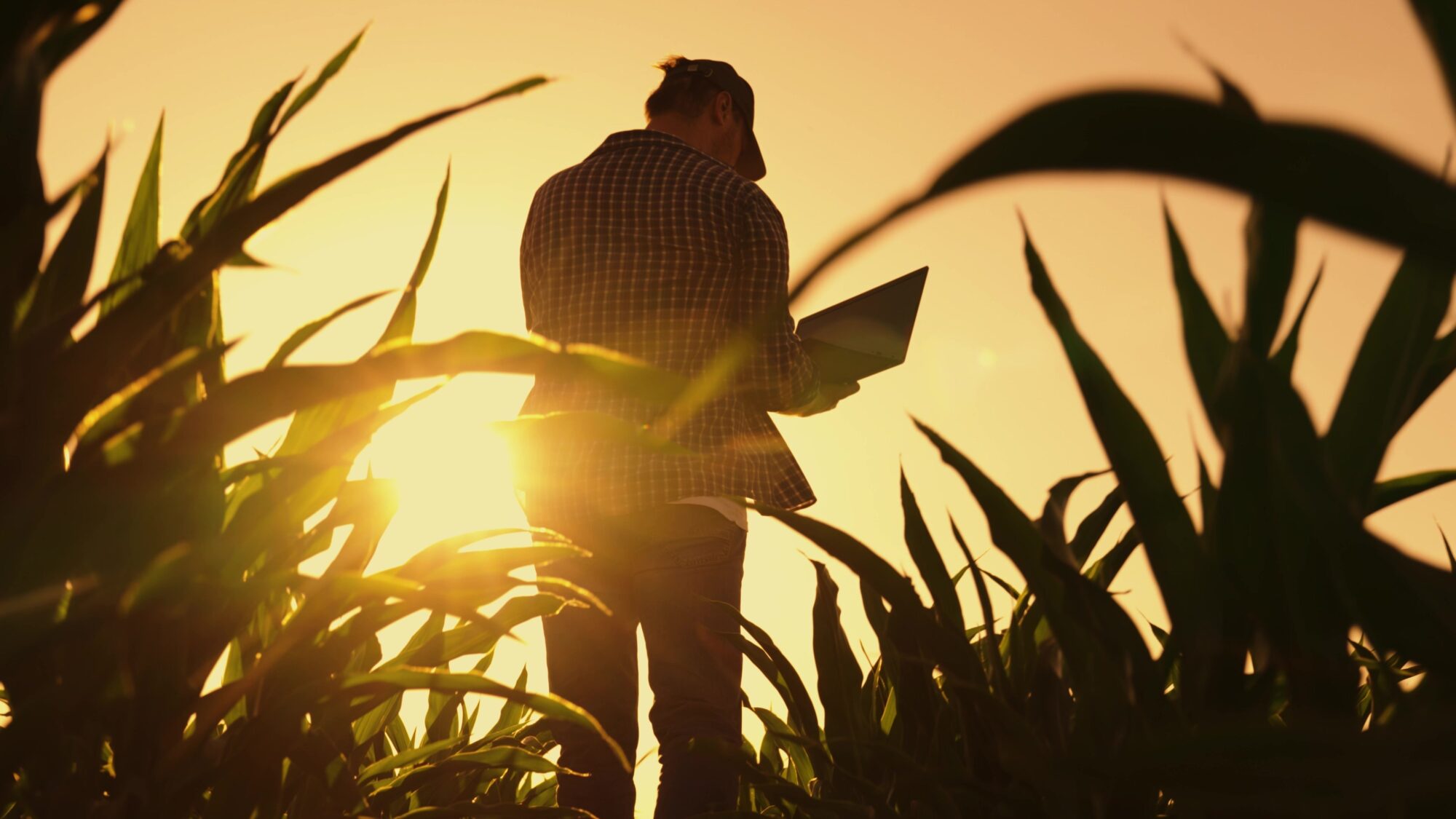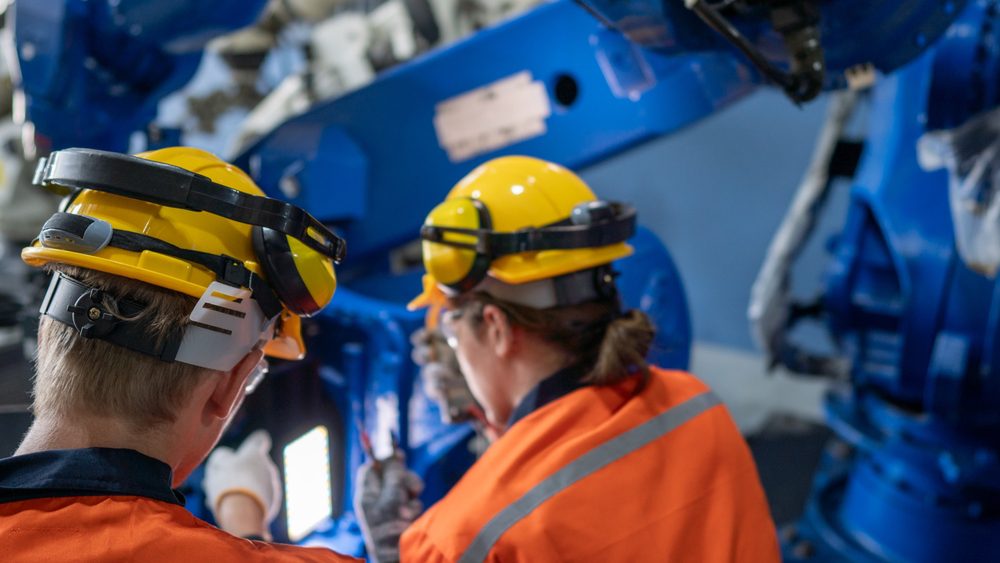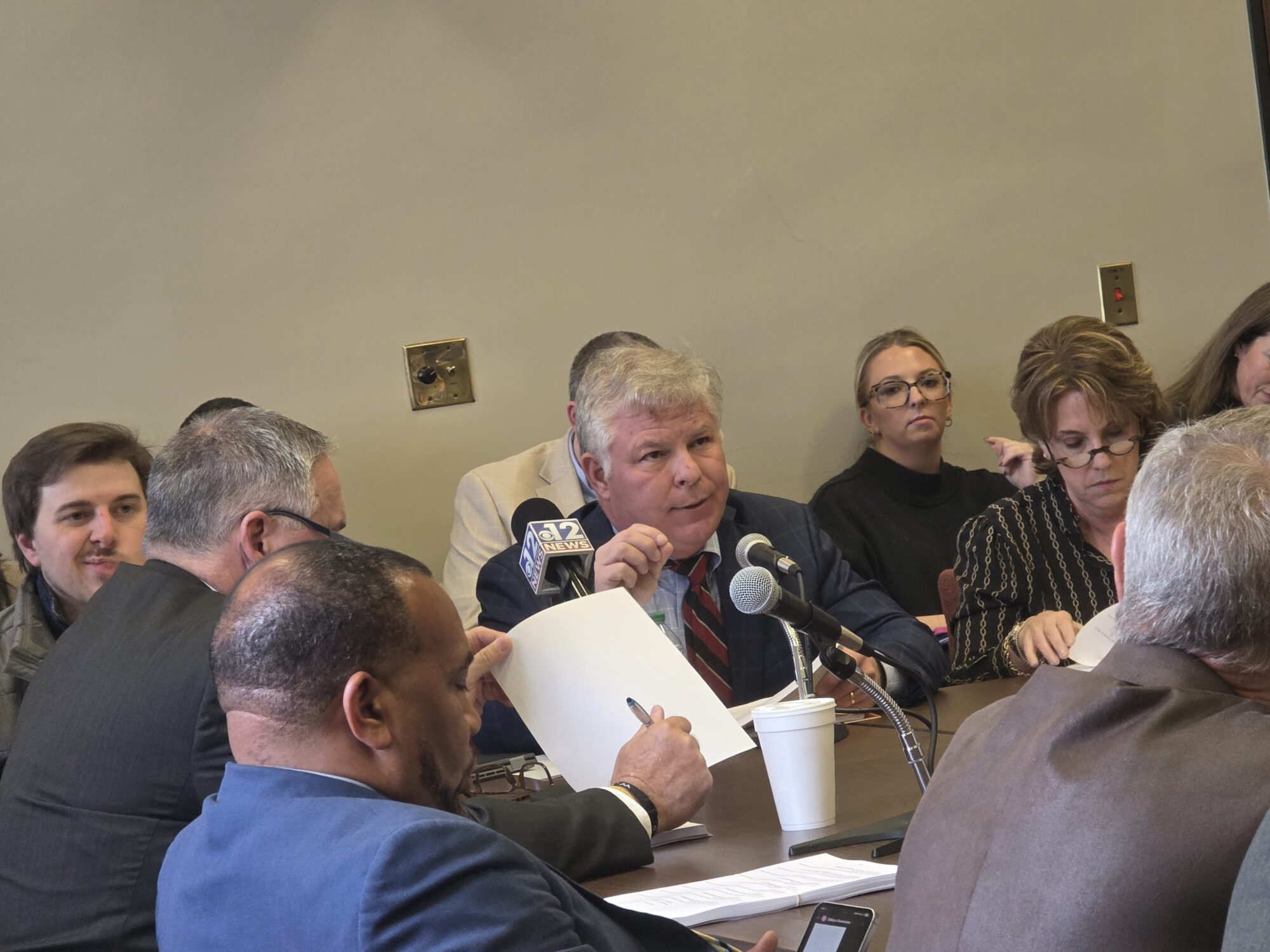
- Lisa Barker writes that Mississippi’s academic institutions are supporting the AI-powered revamping of the state’s agricultural base.
Agriculture today, like other economic sectors, is being reshaped by the latest technologies. Productive farming now requires mastery of the latest innovations, including artificial intelligence.
Unlike many states, Mississippi is incredibly well-positioned to lead the way in incorporating AI technologies into farming. We are already seeing farmers across the Magnolia State adopt AI technologies in their everyday workflows, and the results have been astounding. By further embracing artificial intelligence innovations in agriculture, Mississippi is charting the future of technology-supported farming techniques.
Mississippi’s academic institutions are supporting the AI-powered revamping of our state’s agricultural base. In October, for example, Mississippi State University opened an interdisciplinary research center, the Agricultural Autonomy Institute, to perform advanced research into using technology, particularly artificial intelligence and AI-powered robotics, to increase the efficiency of farming techniques. Its investments like this one at Mississippi State will pay dividends for Mississippians for years to come and help our economy flourish in the coming years.
One project currently underway at the institute is a robotic vehicle that is being used to automate the process of herding cattle. Scientists at MSU say the vehicle will be able to utilize AI to detect when individualized cows in a herd are injured or are sick through tracking their movements and temperatures The capabilities now being refined in these vehicles may also be able to be transferred to crop growth, monitoring, and harvesting, helping farmers better tailor their work and efforts to the needs of their specific crops. This will help decrease crop waste, increase crop yields, and decrease many of the risks that can harm farmers each year.
Another similar piece of technology being studied currently in Mississippi is a cotton picking robot. The system has simulated fingers guided by video cameras and an AI image recognition module and is being used to evaluate the viability of small-sized cotton-picking machines for earlier harvests that cause less damage to the soil. This will help farmers produce more cotton by protecting the soil and the soil’s health that they rely upon.
MSU is also part of a $1 million grant from the USDA to do the same for blackberries. The fruit has traditionally required handpicking to harvest, a work- and time-intensive endeavor for farmers. However, MSU is training an AI image recognition and touch sensing-based robot to delicately pick a blackberry like a human, as well as recognize by sight when a berry is ripe or requires more time before harvesting. Lessons and technologies like these being developed at MSU’s Agricultural Autonomy Institute will make farming nationwide more productive and help position Mississippi to become the national destination for the development of the latest farming technologies.
With the support of some of the country’s best AI innovators, Mississippi’s agricultural sector is well-equipped to become the foremost smart farming example for America, and the world. Yet we must support this continued work, by ensuring our state’s leaders continue to encourage an environment where AI innovators and our state’s ambitious and world-renowned farmers can continue to test and grow their work. Too many regulations, for example, could hamper this work, and force these technologies to be developed in other states, that will be able to benefit from them first and in the most impactful way. Mississippi is leading the way in AI and agriculture, let us keep it that way!







